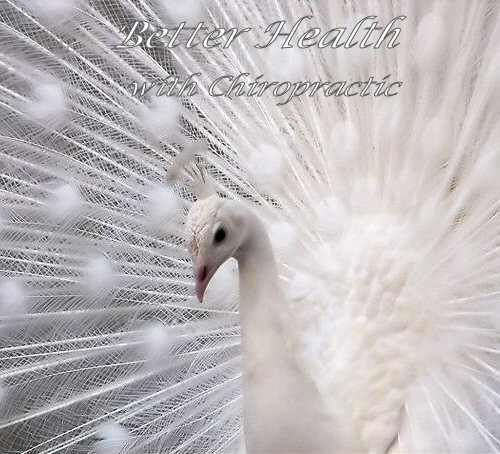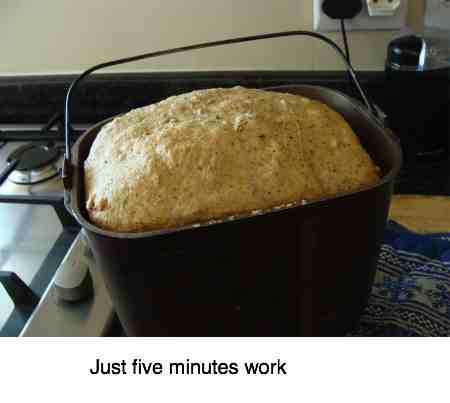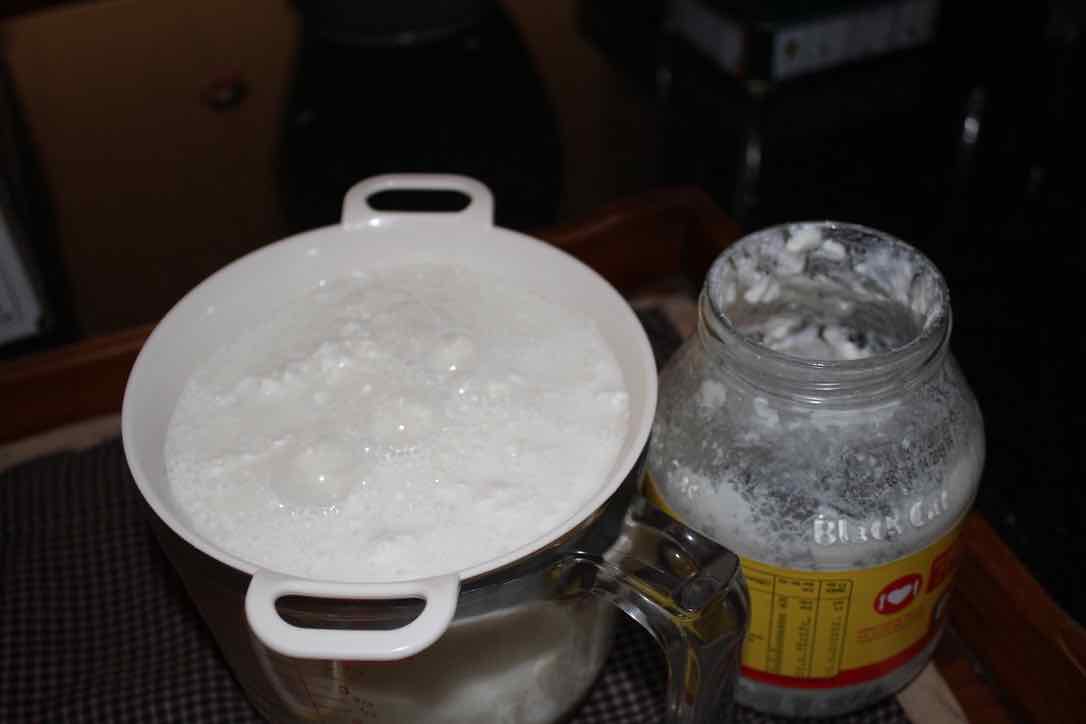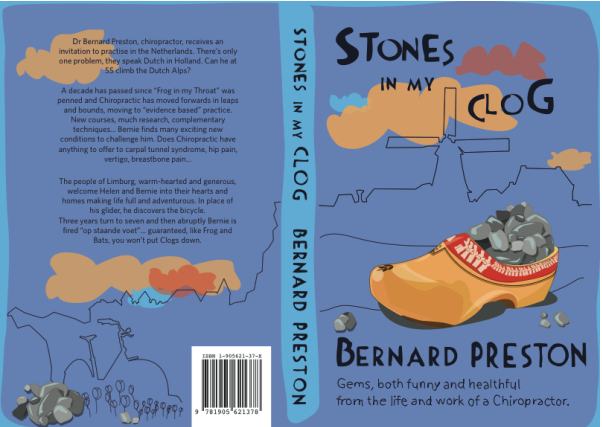| Back to Back Issues Page |
 |
|
CHIROPRACTIC HELP #53: No short cuts to better health November 01, 2019 |
DearNo short cuts to better healthNo short cuts to better health weighs the price we pay when we sidestep the issues, and how pharmacology preys on our weaknesses.Ten minute read. BackgroundEvery doctor faces on a daily basis patients who have an oft serious problem that is based on lifestyle, but they are stubbornly unwilling to change; surely there is a sugar-coated pill that I can take instead?That might be something as elementary as flossing your teeth, or doing a set of simple back exercises every morning before arising, but then it could also be something as difficult as losing a lot of weight, or giving up smoking. Yes, you can take medication that may deal with the pain, but if you want good teeth, a strong back again, and healthy blood pressure there simply are no short cuts. Lack of self discipline and bad habits is probably what got you into this hole, and only a return to a better lifestyle will again enable you to regain your strength so that you can achieve all the things you want to do. Sometimes, disability is a curse even worse than pain. Doctors learn from their own casefilesI first learned this when I myself had a very serious slipped disc, which sequestered, meaning that it burst right through into the spinal canal. Normally it's a certain case of surgery. The progressive severe pain down the front of the thigh and into the lower leg and foot was unbelievable.Finally, I accepted that a daily set of exercises done every single morning before arising from my bed of woe was paramount; I continue to do them even though I have little pain. Gentle adjustments from my chiropractor (my daughter) saved the day. I did need anti-inflammatory medication for a few nights, but alternating ice and heat were the mainstay of managing the severe pain in the thigh and lower leg. There were no short cuts; I had to stop for a month, go for 18 chiropractic treatments and accept that exercises were my lot for life. The financial cost would have been significant, had it not been for a daughter in the business, but compared to the cost of surgery, and the risk of a weak back for life, it would have been worth every cent. I can now lift beehives, turn a compost heap, and do anything and everything that I desire. Better health with chiropractic has certainly been my personal experience. Malignant diseaseAccording to the chief executive officer of South Africa's largest medical aid, malignant disease is largely related to lifestyle. The generally accepted figure by researchers is 40%, which is huge in any case. Nearly fifty percent of people can expect to die of the dreaded lurgy.On a weekly basis we have patients who have had tumours, went through the treatment successfully, but never changed their lifestyles; and the malignancy came right back. There are no short cuts to better health. Change your lifestyle, or the disease will come roaring back. Autoimmune diseaseAn autoimmune disease occurs when your own body mistakenly attacks your own tissues. There are many, and they have soared in both complexity and prevalence in the last half century. Again lifestyle is blamed, and probably correctly.Whilst some of them, like gluten intolerance, for example, may be easier to deal with by changing to sourdough, many of these conditions like lupus are poorly understood. If we think that simply taking cortisone will deal with the problem, then we fail to understand that the condition is usually a warning that something has gone seriously amiss with our lifestyles. Ignore the warning and just trying to manage the symptoms is dire. Firstly the condition will never let up; you have it for life. And secondly it will often rear its ugly head in some other disease. Many of these autoimmune diseases issue from an unhappy tum. The neurodegenerative diseases like Parkinson's for example have their root in the colon. Starting to take a probiotic like kefir on a daily basis is the first step in the right direction. The second is to manage constipation with more fibre; prunes and beetroot top the pops. The third is to rigorously avoid all artificial sweeteners like saccharine that play havoc with the microbiota in the colon. Did you know that there are about four pounds of bugs in the happy colon? Chronic medication, antibiotics and assorted chemicals play havoc with them. There is no known cure for these nasty conditions. Last month I wrote that everything must change. That means becoming a healthnut; it can only do you good but beware of a condition known as orthorexia. It is an anxiety syndrome, first cousin of anorexia, characterised by refusing to accept a dinner invitation because the food might have this or that in it.  Real sourdough bread made with 100% wholemeal is incidentally rich in calcium to prevent osteoporosis, vitamin E to avoid frailty syndrome and the lignans that reduce the prevalence of malignant breast disease.
Real sourdough bread made with 100% wholemeal is incidentally rich in calcium to prevent osteoporosis, vitamin E to avoid frailty syndrome and the lignans that reduce the prevalence of malignant breast disease.
There is very little in the typical supermarket loaf.
Brittle bone diseaseThere are no short cuts to avoiding brittle bone disease either; the attendant pain and disability are simply crippling. Because the femoral nerve is often permanently injured by a spinal fracture, weak muscles in the thigh mean the walker and wheelchair.Calcium supplements have nasty effects if you are not exercising regularly; the mineral is deposited in the coronary arteries, raising the risk of cardiovascular disease. Sorry, but that too is not a meaningful shortcut to stronger bones.
Falls in men and womenWomen fracture bones more often than men and this is generally attributed to lower bone mineral density, known as osteoporosis.In a study reported in Calcif Tissue Int researchers studying the relative BMD in men and women, and how often they fall, concluded "osteoporosis may not explain the higher fracture incidence" because women fall more often[1]. Furthermore, researchers reporting in J Intern Med [2] state that "most fracture patients have indeed fallen, but do not have osteoporosis." Furthermore, "many of those with a high fracture risk score will never sustain a fracture." They go on to question the use of drugs like Fosamax that have increased risk of serious adverse events for those with a low BMD, given that most of them will not fracture a bone anyway. Rather they advocate that those with osteoporosis start balance training to reduce falls; that should really apply to all of us, before low bone density and general frailty begin. The question "Do you often lose your balance?' can predict 40% of all hip fractures according to yet another researcher. They conclude that fractures are primarily due to falling, and not as is often assumed to osteoporosis.[2] 83% of falls in an elderly Dutch population were at the root of spinal fractures. A simple balance exerciseEvery morning, whilst waiting for the kettle to boil, stand at the counter on one foot, keeping the hands near the counter should we lose our balance.Repeat with the other leg, and if we find this exercise too easy, close the eyes for short periods. Obviously keep close to the counter to make sure one doesn't provoke an unnecessary fall. Strengthening the quadriceps musclesA third of generally healthy people over 65, and fully a half of those over 80 will fall at least once a year. But only 5% of these falls will cause a break, and 1% a hip fracture.Whilst that is low, and not a cause for panic, for the individuals involved it may be overwhelmingly traumatic, given that fully a half of those who have a hip fracture will die within a year. Skeletal muscle drops from 45% of our weight to 27% by the age of 70 and in particular the thigh muscle loses 40% of its strength. 1. Again, at the counter, simply bend both knees, not too much, with both hands on the counter for balance. Place more weight on one leg, then the other. This is not for those with knee problems. 2. Regularly during the day, stand up several times from a kitchen chair, turn around through 360*, and then sit down again. 3. Ask your chiropractor to teach you the quad setting exercise, done whilst sitting with straight legs outstretched. Contract the quadriceps muscles to make the kneecap bob up and down. It's more easily done with both legs simultaneously. Osteoporosis and dietClearly the whole subject is complex and researchers are looking at this serious and multifaceted condition that causes so much disability.When you realise that 85% of women over 65 who fall and break a bone do not have osteoporosis, then one begins to question everything. Two things are paramount. First without regular exercise of one form or another, brittle bone disease will slowly progress. Do whatever pleases you, as it then will get done, but a daily walk in the sun with a hat on takes a lot of beating. And secondly, without a diet rich in available calcium, vitamins D and K, and potassium, and probably a tranche of others, one can expect osteoporotic disease. Frailty syndrome thrives on a poor diet, especially one that is deficient in vitamins B6, folate, C and E. The result is weakness, followed by falls. Researchers emphasise that nutrients from our food are far better absorbed than those from supplements.[3] We con ourselves if we think we think we can cheat and simply take a pill. There are no short cuts to better health and we pay the ultimate price of pain and disability, and early demise if we play make-believe. The authors state, that there is "no evidence that pharmacotherapy would either provide a clinically relevant reduction in vertebral fractures or reduce the related mortality risk." A diet rich in many coloured foods, and especially your greens like broccoli, kale and spinach, and fish is strongly recommended.
Best calcium for osteoporosis
The directness of the DutchThis has not been a comfortable newsletter to write, and if you are still here, neither has it most probably been a comfortable one to read.But all around me family, friends and patients are suffering from the most horrific diseases. Researchers say that 80% of them were preventable by lifestyle changes. The Dutch come across initially as direct and abrupt, sometimes to the point of rudeness. It takes a bit of getting used to, but eventually one learns that it is a more honest way of living. Those who will not hear, must feel, is one of their favourite sayings. Where to start?
Where to start when in search of better health and the prevention of the premature aging of frailty syndrome varies from person to person. Follow your instincts. Something as simple as a daily short walk would make an excellent start. Avoidance of refined carbohydrate like sugar, cake flour and most bread would stop diabetes, type II in its tracks. Enjoying many coloured foods daily would help prevent malignant disease. And finally I have to add the benefits of kefir. In one week it saved me from fifteen years of severe epigastric pain. Make it in your own kitchen. 
Bernard-Preston.comMuch of the nutritional information like kefir benefits and how to make sourdough bread can be found at my other site, using my nom de plume, and my chiropractic books.Next monthNext month we will return to something less confrontational and up your nose; pain in the heel that can be very disabling.But, if the cap fits, don it gladly, otherwise there is misery coming. A lifetime without chronic medication awaits most of those who take this seriously; it's not a pipe-dream from a chiropractor who has been smoking opium. Rather that than a future filled with morphine. Life is mystery though, and something will get us all eventually. Blessings as you seek a future characterised by well-being, less pain, and more fun. All but one of those hiking the whale trail above were seventyish; five fun-filled and very challenging days, crossing a mountain and following the coastline. The healthnut's lifestyle does not have to be dull.
Dr Barrie R Lewis DC = Dr Bernard Preston DC. PS. If this newsletter has touched any meaningful buttons, you can support the costs of this site by purchasing one of my books. Find Stones in my Clog on Amazon. It's dirt cheap. PS. Readers have asked for these long newsletter sent monthly, rather than the flood of daily information overload that we all suffer from. 
|
| Back to Back Issues Page |